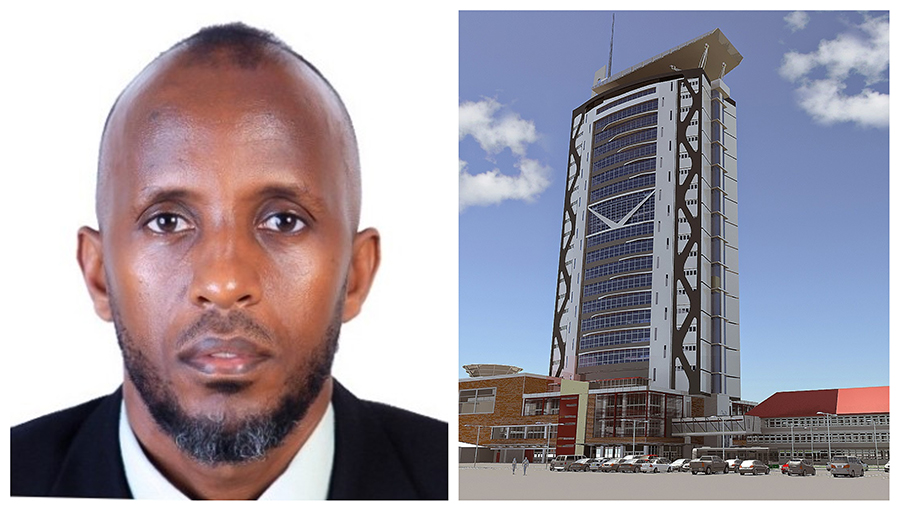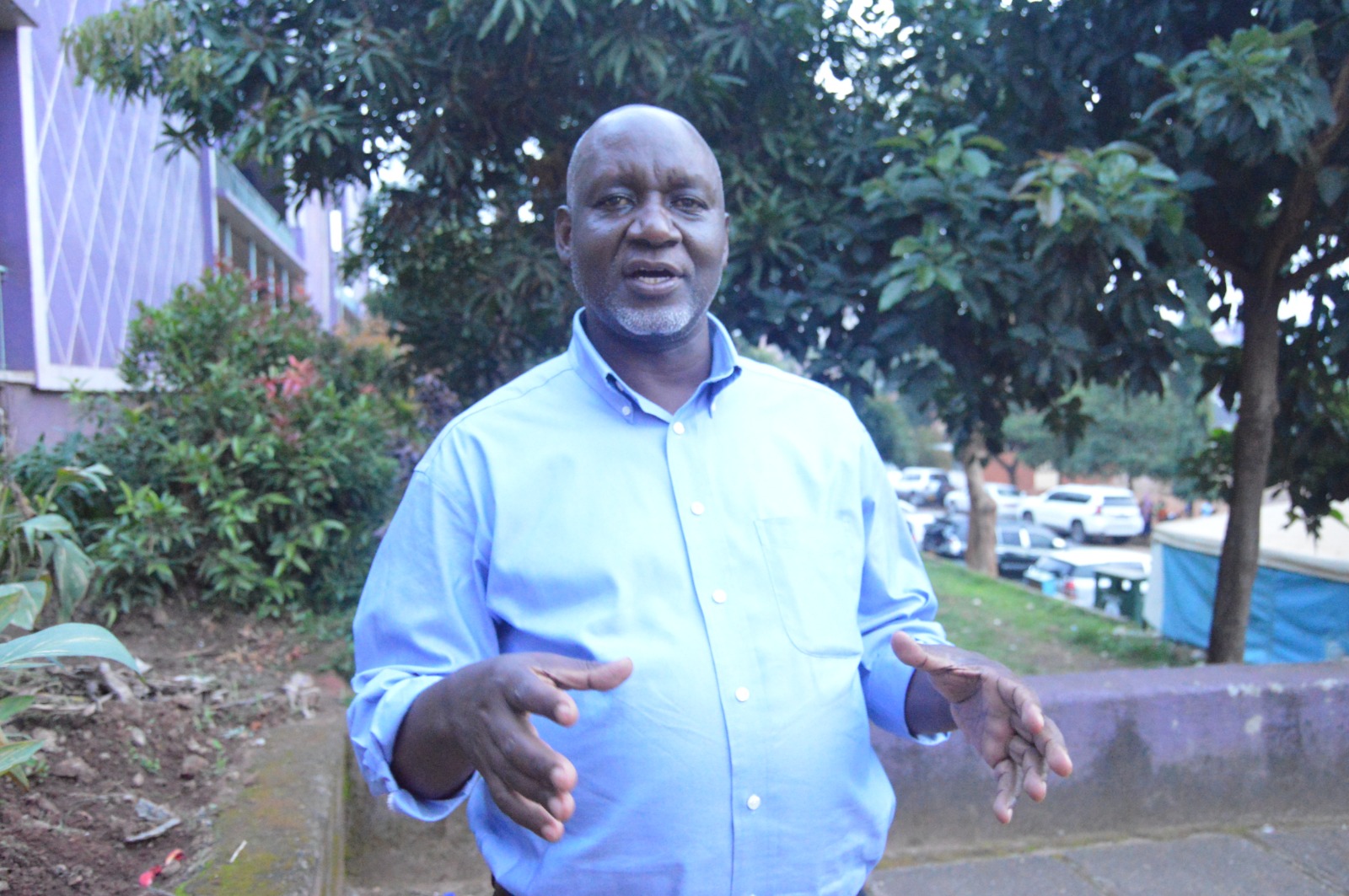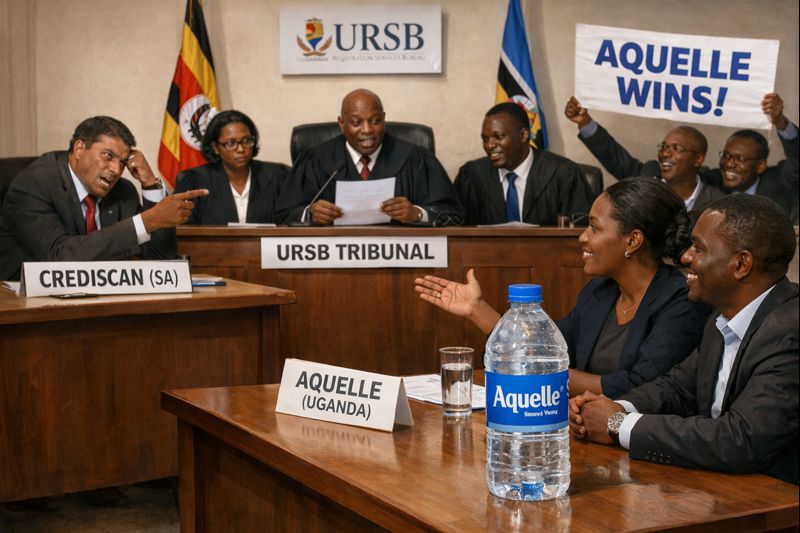David Kalemera joined Uganda Revenue Authority (URA) in 2007 as an officer and rose through the ranks to become Manager of Compliance.
Ten years later, in March 2017, his career at the tax body came to an abrupt end after he was accused of fraud, abetting tax offences, impersonation, and conflict of interest.
URA claims that he was part of a tax evasion scheme that had cost them Shs 518 million.
It is alleged that Kalemera had acted as a clearing agent and received over Shs 190 million from foreign traders for diverted goods. The agency’s internal audit alleged that the funds were deposited into his personal account in Bank of Africa.
Kalemera denied the allegations and maintained that he was a victim of a flawed process. He said he was summoned to a disciplinary hearing on March 17, 2017, the very day he received the notice, leaving him no time to prepare a defence or cross-examine witnesses.
In the end, he was shown marching orders. He took matters to the Industrial Court, seeking justice and compensation.
Through his lawyers, Isaac Bakayana and Isaac Lutalo of Arcadia Advocates, Kalemera argued that URA’s disciplinary hearing was “a sham” conducted without due process. They stated that he was never provided with evidence, such as the investigation report or witness statements, contrary to the URA’s own Human Resource Manual.
“URA’s failure to share the investigation report and particulars of the alleged offences was a violation of the rules of natural justice,” his lawyers submitted.
However, URA, represented by Charlotte Katutu, Rita Nabirye, and Diana Prida, maintained that Kalemera’s dismissal was justified. The agency claimed its investigations showed that Kalemera had colluded with clearing agents and received huge deposits from Chinese traders involved in tax evasion.
URA cited statements by a trader, Wang Lei, who allegedly identified Kalemera as the officer who helped clear goods meant for re-export to the Democratic Republic of Congo but diverted them to Jinja.
“The claimant held himself out as a clearing agent and received payments from taxpayers,” URA’s lawyers said. “His conduct amounted to serious misconduct under the Authority’s code.”
World Vision ordered to pay former worker Shs17.8 million over unfair dismissal
After hearing both sides, Justice Anthony Wabwire Musana said the court’s duty was to determine whether Kalemera’s dismissal was both lawful and fair.
He found that while URA had grounds to believe that Kalemera was involved in wrongdoing, the process by which he was dismissed was “deeply flawed.”
He faulted URA on three things:
First, it served Kalemera the offence notification form (ONF) on the same day as the disciplinary hearing, denying him adequate preparation time. Second, he said, URA failed to share the investigation report and key evidence before the hearing.
Third, the tax body denied Kalemera the opportunity to cross-examine witnesses.
“The ONF merely outlined general offences instead of detailed allegations,” Justice Musana ruled.
“No investigation report, witness statements, or evidentiary documents were attached. This contravenes the rules of natural justice.”
Justice Musana said it is not enough for an employer to say the employee knew about the allegations. He said an investigation report is integral to procedural fairness.
He concurred with URA that it was right to inquire into the “substantial and unexplained deposits” into Kalemera’s accounts from traders involved in the alleged tax diversion.
He therefore concluded that URA was justified in dismissing Kalemera, but the manner in which it handled his dismissal was unfair because it failed to “meet the standards of a fair hearing.”
Kalemera was awarded Shs 51 million in compensation and damages for the unfair dismissal.
In 2024, President Museveni appointed Kalemera to head the State House Revenue Intelligence and Strategic Operations Unit. After an outcry, he transferred him to the Ministry of Foreign Affairs in an unspecified role.







